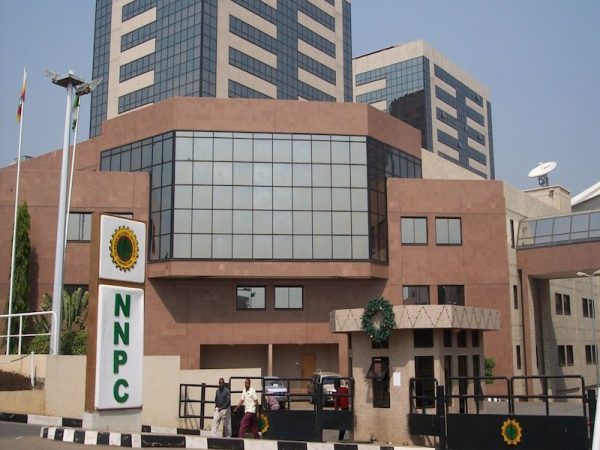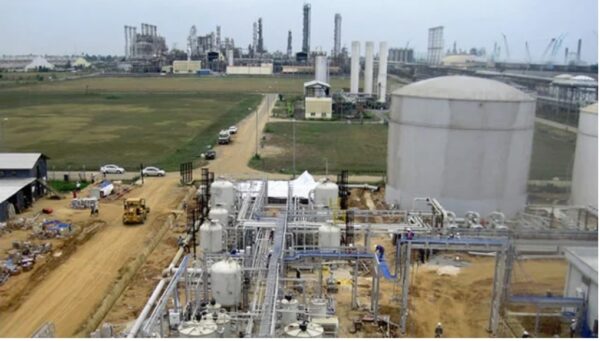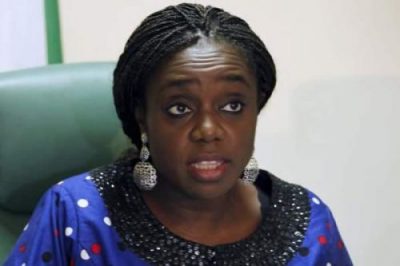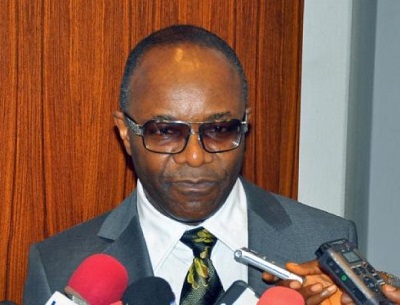No going back on petrol price control, PPPRA insists
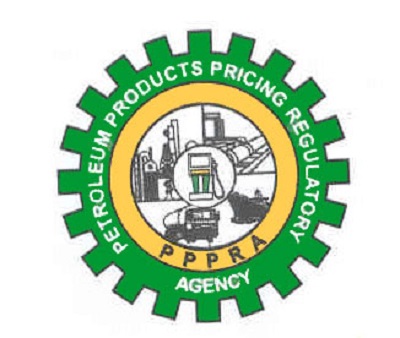 The Petroleum Products Pricing Regulatory Agency on Sunday insisted that it would continue fixing price bands for petrol despite opposition by oil marketers to the move.
The Petroleum Products Pricing Regulatory Agency on Sunday insisted that it would continue fixing price bands for petrol despite opposition by oil marketers to the move.
It also declared that a regulation for Premium Motor Spirit, popularly called petrol, had been established in collaboration with the Federal Ministry of Petroleum Resources and the Office of the Attorney-General of the Federation.
The Executive Secretary, PPPRA, Abdulkadir Saidu, disclosed this while addressing questions on the PMS pricing regime, which commenced on March 19, 2020.
Since the introduction of the regime, marketers had expressed concerns over the issuing of monthly guiding prices for petrol.
Responding to this, Saidu argued that different sectors of the economy operate under the guidance of national regulators.
He said, “The Central Bank of Nigeria regulates the banks and other financial sector operators; the Nigerian Communications Commission regulates telecommunications and the same exists for operators in Nigeria’s downstream petroleum sector.
“To this end, it is not out of place for the agency (PPPRA) to provide a guiding price band with the aim of protecting consumers against price gouging.
“It is important to also state that there is nowhere in the world that deregulation means total lack of control, supervision or oversight.”
Saidu noted that while the market-based pricing regime was a policy introduced to free the market of all encumbrances to investment and growth, it should not be misconstrued to mean a total abdication of government’s responsibility to the sector and citizenry.
On the need for a regulatory/legal framework for PMS pricing, he said extant laws gave the agency the legislative backing to formulate policy initiatives on pricing regime.
“In accordance with the above, the development of Guidelines for Petroleum Products Commercial Framework has been concluded and Code of Conducts for Operators is currently being firmed up to reflect the present price regime,” Saidu said.
The PPPRA boss observed that transitioning to a fully deregulated market would come with growing pains.
He said the major challenges witnessed during the transition period which impacted PMS pricing included holding stock of products bought at higher prices.



